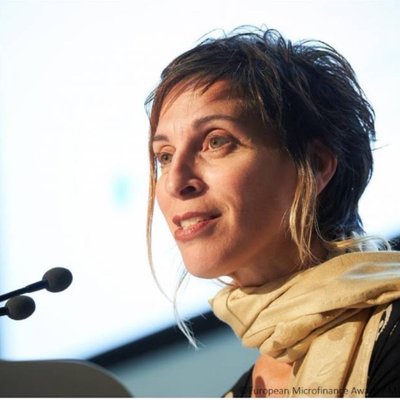Housing is a human right

My guest today was Leilani Farha, Global Director of the Shift and former UN Special rapporteur on the Right to Housing. The Shift is a newly formed coalition of various stakeholders who advocate on the principle of housing as a human right and work on the basis of International Human Rights law.
We talked in depth about the financialization of housing and the role of private equity firms, with billions of dollars to invest in residential real-estate. This has driven up housing prices in Canada and in other parts of the world. It’s a truly interesting way to conceptualize the things we already know: housing is getting more expensive and fewer people can afford to live in their own city. We endeavour to answer the question: why is that.
In the second half, we discussed what this lack of affordable housing means for people with disabilities. I think we don’t focus sufficiently on the prevalence of homelessness and under-housing within the disability community. By adopting a human rights based approach, we can ensure that all housing (new builds as well as retrofits) are made as barrier-free as possible and also look at changing attitudes and ensure that landlords comply with human rights laws.
I asked Leilani how we might tackle the problem of housing affordability and eradicate homelessness, with less than 4 minutes left on the clock. She didn’t disappoint.
Having worked in the housing sector for close to 10 years now, I was delighted to welcome Leilani to the program. You can catch our conversation on your favourite podcast platform and also find Leilani’s new podcast “Pushback Talks.”









